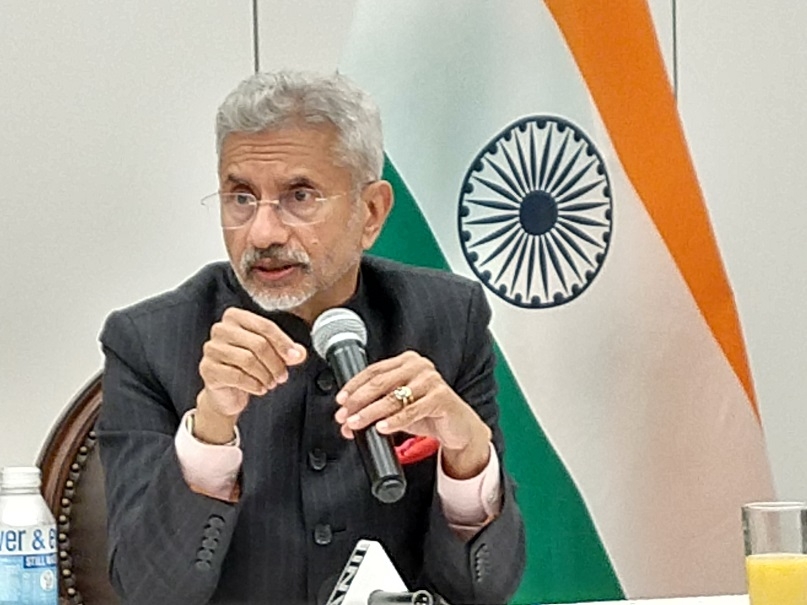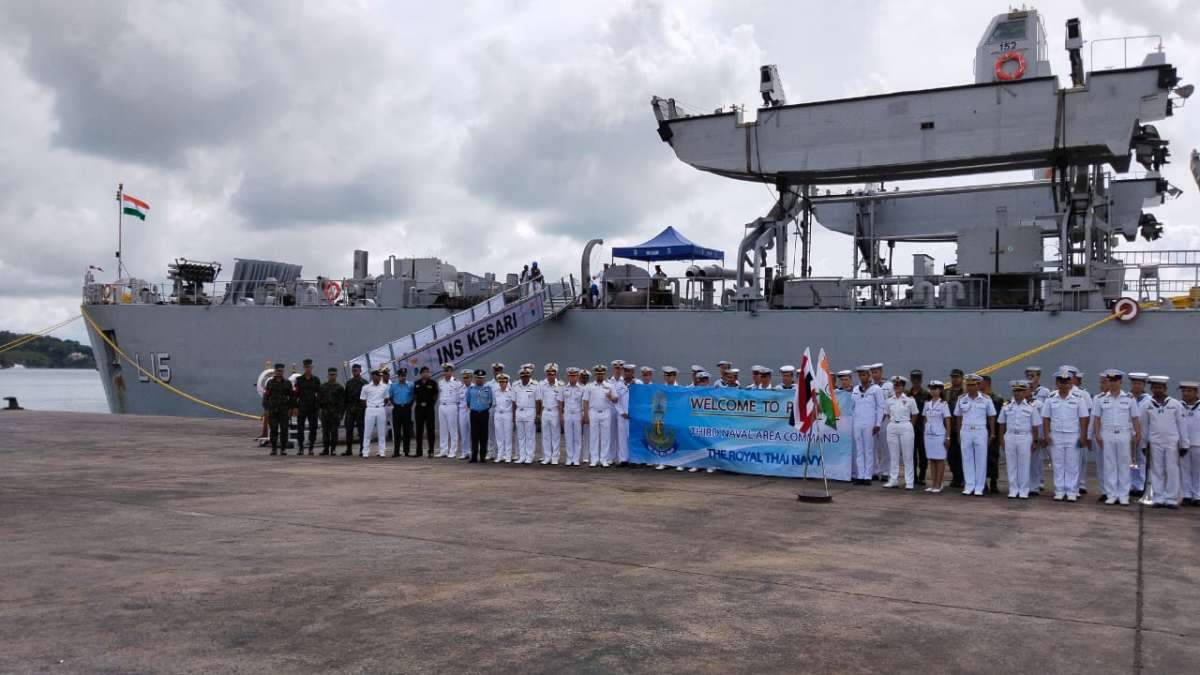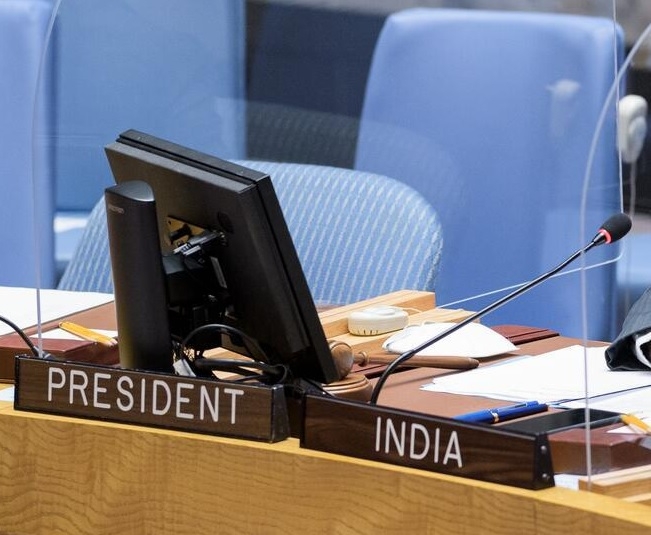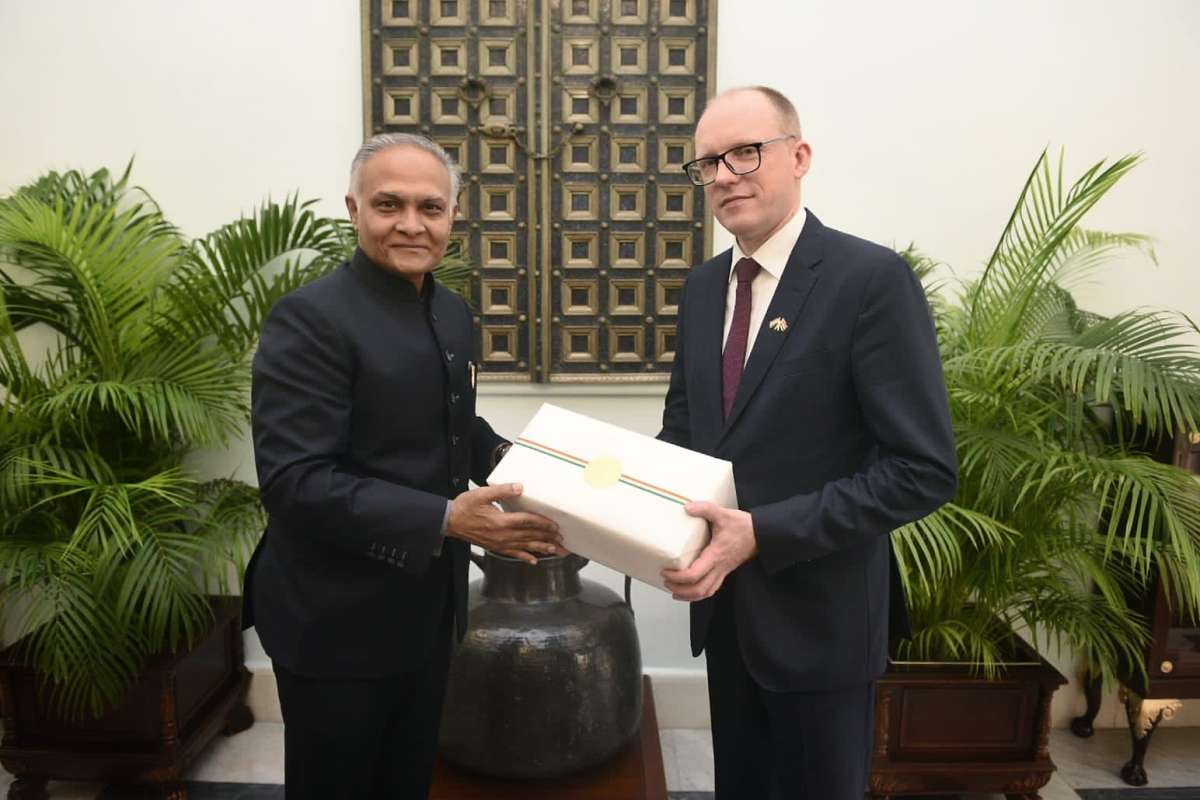The minister emphasised that countries have fashioned their national security decisions by applying technology…reports Asian Lite News
External Affairs Minister S. Jaishankar on Tuesday said that the country is now more conscious of the fact that where and who processes its data.
Speaking at the 7th Global Technology Summit, Jaishankar said that India’s rise is linked to its technological advancements.
He also underlined the significance of technology in the contemporary world order, especially in the current geopolitical scenario.
“We people, especially in India in the last two years, have woken up to the fact, where does our data reside? Who processes and harvests our data and what do they do with it? That is a very very key question,” Jaishnakar said.
The three-day Summit is India’s annual flagship event on Geotechnology and is co-hosted by the Ministry of External Affairs and Carnegie India. The theme for this year’s Summit is Geopolitics of Technology.
“Theme picked is timely as technology today is at the heart of geopolitics. You could argue that it was always so, whether it was nuclear, the internet or space, or AI. If you look at quantum jumps in history, parallel with some time-lapse, quantum jumps in technology. It has led to a lot of policy outcomes,” Jaishnakar said.
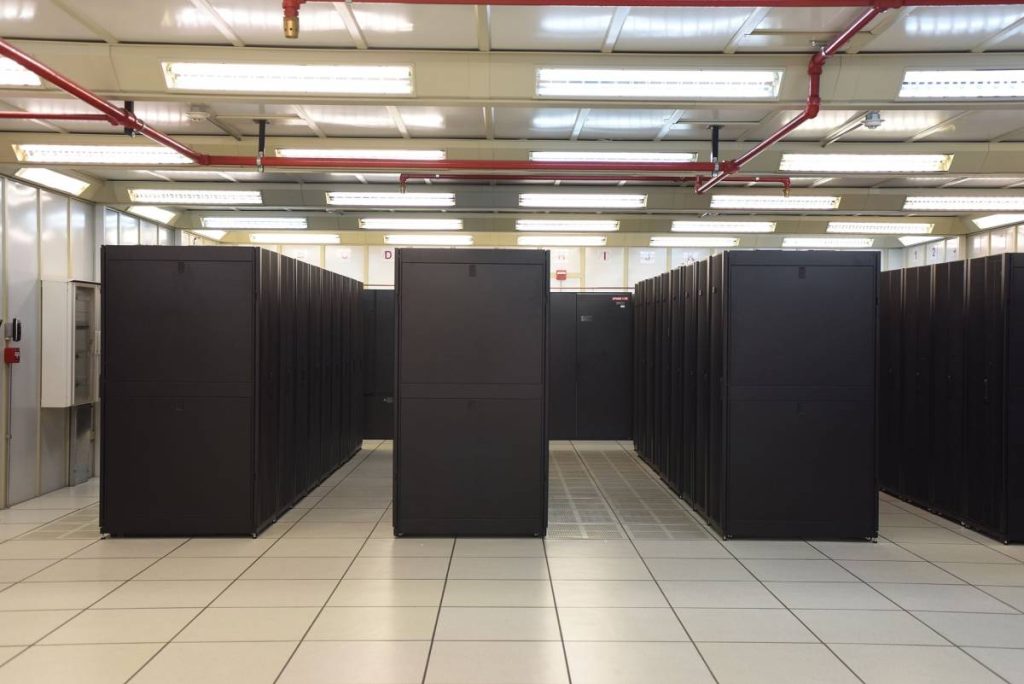
The minister emphasised that countries have fashioned their national security decisions by applying technology.
“When we think today of the competitive politics sharper contradictions, I think we should be more and more cognisant that is going to be driven by technology or also be visible or be reflected in the technology debates,” he said.
Jaishankar also pointed out that India cannot be agnostic about technology, saying that there is a very strong political connotation that is inbuilt into technology.
He also emphasised that data is the new oil and strong political connotations are inbuilt into technology.
“We have to stop pretending that there is something neutral about technology. Technology is no more neutral than economics or any other activity. You may speak about whether its data or oil or data as the new oil — the fact is more and more things are technologically driven and we need to understand that there is a very strong political connotation that is inbuilt into technology,” the external affairs minister said.
Jaishnakar emphasized that it is equally important today to look at the quality of partners and the sociology partners that India has in the arena of technological and, strategic spheres.
Furthering arguing his point on technology, the external affairs minister said the globalization big picture is very much at the heart of geopolitics and it’s a false argument to present it as “either you for globalization or against globalization.”
“I think that the right argument is that are you for collaborative globalization or are you for a globalization model that allows domination by a few players. How flat and broad is your globalization? I think that to my mind is the real debate. And that debate will be very much driven by technology,” he said.
The EAM said neither technology nor globalization should be considered as economic issues. “They are very strategic issues. As a political scientist, I regard them as political science issue, rather than economics issue,” he said.
Commenting on the Eupraon-made global system, he said, “We live in an era where the Westphalian model of international relations is over.”
“For us in this era of technological interpenetration, to say that all states are equal and everybody is a black box and it doesn’t matter what happens inside the black box — it does matter what happens inside the black box,” he said. (IANS/ANI)


